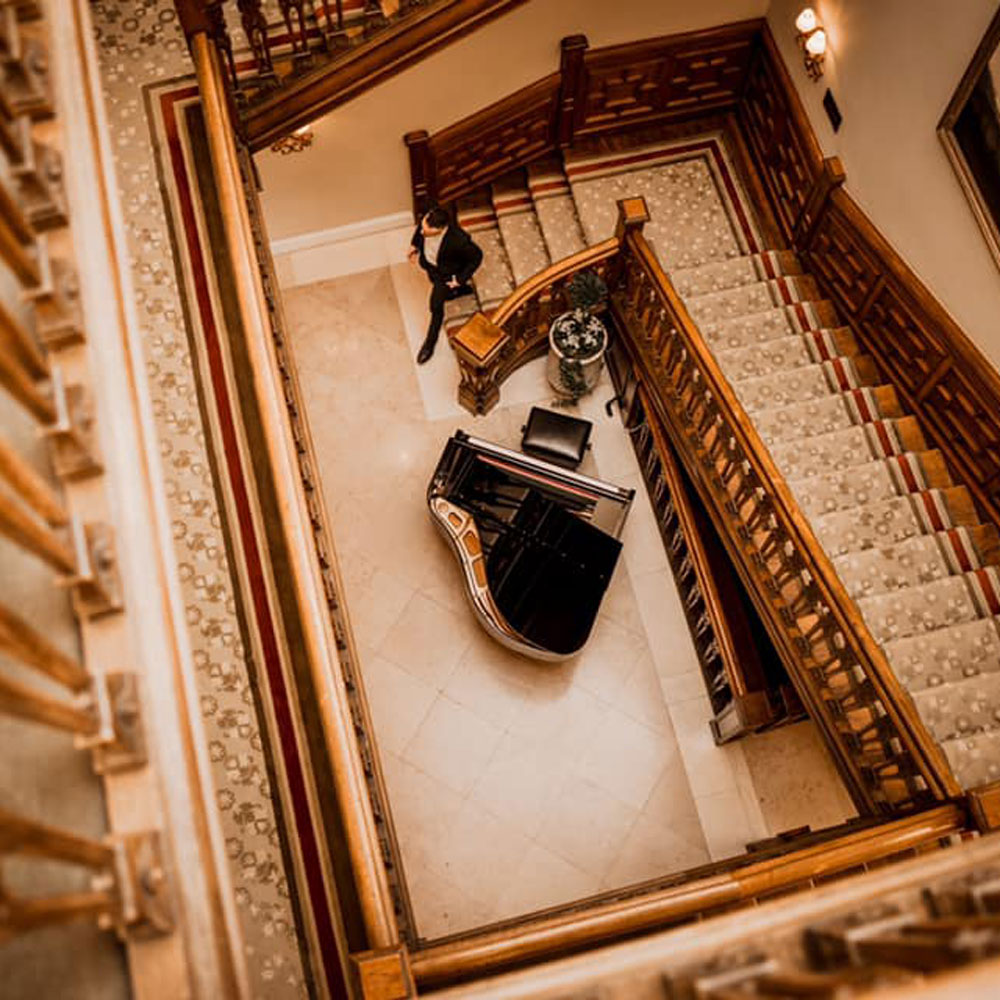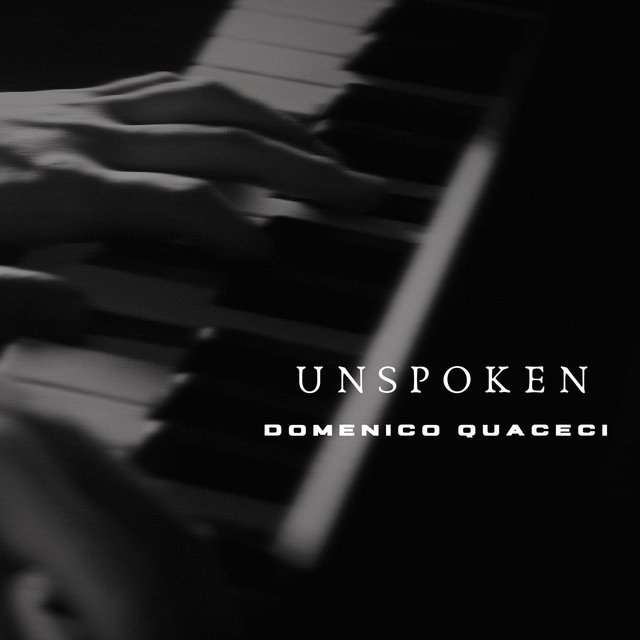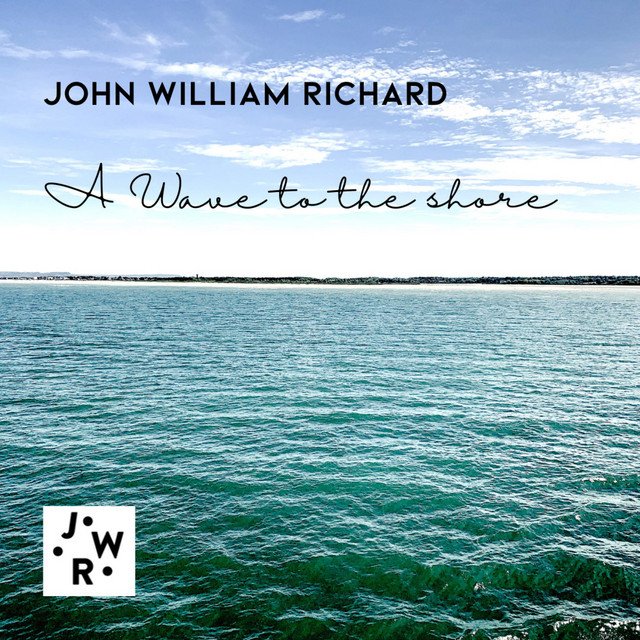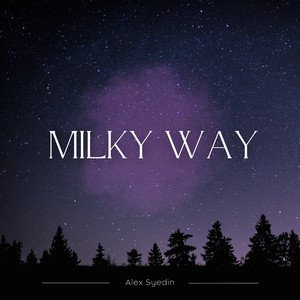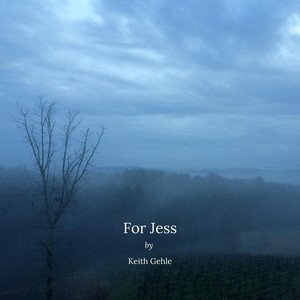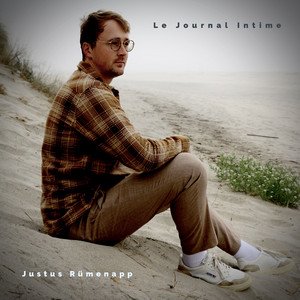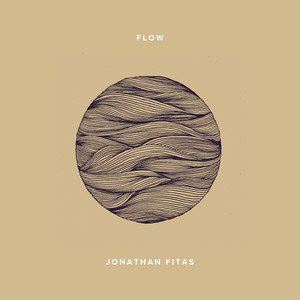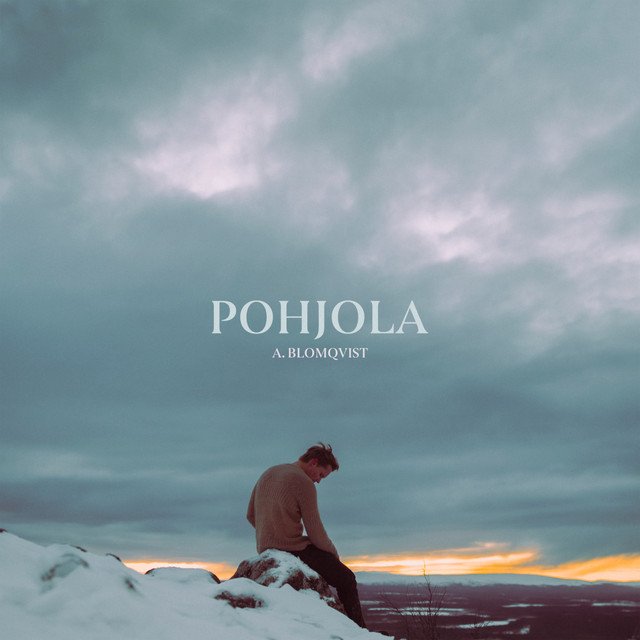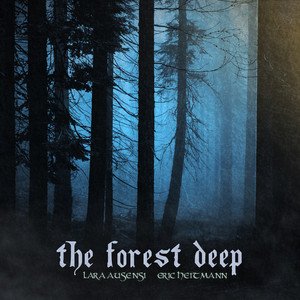Neoclassical Music ⁞ New Releases⁞ Artist Interviews⁞ Music News
Introduction of Neoclassical Music
Neoclassical music is a style of classical music that is characterized by its use of traditional forms and styles, as well as a focus on structure and balance. It is often seen as a reaction against the romantic style of music, which was characterized by emotion and passion, and was influenced by the ideas of the Enlightenment, which valued reason and classical learning.
Some of the key features of neoclassical music include the use of traditional forms such as sonata form, the use of clear and concise melodies, and the incorporation of elements of folk music and popular music. Neoclassical music also often featured a return to tonality, which is the use of a specific key or tonal center in a piece of music.
The neoclassical style has had a lasting influence on classical music, and it continues to be an important part of the classical repertoire
Favorite Neoclassical Music on Spotify
Favorite Neoclassical Videos on Youtube
Recent Neoclassical Interviews
Chafa Interview on Nagamag
.
Nagamag:
Which are the genres that describe your music style better?
Chafa:
Piano-led, cinematic, & ambient contemporary classical music.
Nagamag:
Few words about your musical background and career?
Chafa:
I began teaching myself piano when I was twelve years old, but I always loved music. Growing up in the Bay Area (California), I was introduced to several different cultures and styles of music.
It wasn't long before I felt the need to express my own thoughts and feelings through art, and piano was the instrument I felt the most connected to.
Before the pandemic, I would perform locally, but after spending time recording and releasing my music during this last year, I have my eyes set on creating music for film and potentially collaborating with other composers and orchestras.
Nagamag:
Do you remember your first connection of love to music that was the right impact to be a music artist now?
Chafa:
Seeing performers on the street as a kid really inspired me. Watching their music move people to dance, smile, laugh, or cry was inspiring. I wouldn't learn an instrument for several more years, but my love for music continued to grow until I felt the urge one day to sit down and play some of the songs I loved so much.
Nagamag:
Many artists listen to genres that they are not producing music for. Which track is your favorite that is NOT similar to yours?
Chafa:
Beirut "Elephant Gun"
Nagamag:
Of Course Nagamag would love to listen also which is the track from a similar artist you admire?
Chafa:
Max Richter "Written on the Sky"
Lewis Bolland Interview on Nagamag
.
Nagamag:
Which are the genres that describe your music style better?
Lewis Bolland:
Modern Classical, Relaxing Piano, Lightly Cinematic.
Nagamag:
Few words about your musical background and career?
Lewis Bolland:
Performing the piano since the age of 7, Lewis’s home life was filled with music. His formal music education began early with piano lessons given by his grandmother Elsie. By the time he was 14 Lewis was being called up as the pianist & keyboard player in school performances and at the age of 15 he was in the rehearsal room as a student teacher, giving lessons to his contemporaries.
After composing and performing for his GSCE & A Level music exams, Lewis went on to support some of the UK’s biggest artists and toured the country multiple times as a session pianist & keys player. In late 2014 Lewis set up ‘Private Piano Tuition UK’. A modern classical piano school who teach over sixty students per week and currently holds a 100% pass rate with Royal Schools Of Music. During the summer of 2019 Lewis performed as a dinner pianist on ships across Europe and came home to start his residency with the Four Seasons Hotels in September. This has seen him go on to perform in front of celebrities, high profile figures, royalty and in the homes of some of the wealthiest families in the world.
After discovering composers such as Ludovico Einaudi, Hans Zimmer and Yann Tiersen in piano lessons with his grandmother, Lewis fell in love with writing modern classical and started working on an EP with close friend Ben Selley. Following six months writing originals and re-arranging well known tracks Lewis & Ben recorded their debut EP ‘TIME’ at Air studios, London and released it on the 19th August 2019 under ‘Bolland & Selley’.
‘Moments’ is the first solo release from Lewis in 2021 and was inspired by the different seasons and the feelings they conjure up during the course of a year.
Nagamag:
Do you remember your first connection of love to music that was the right impact to be a music artist now?
Lewis Bolland:
I remember my grandmother teaching me how to compose and I fell in love with writing piano pieces. Most days I would write a new piece just to get better and better and I still love composing just as much today!
Nagamag:
Many artists listen to genres that they are not producing music for. Which track is your favorite that is NOT similar to yours?
Lewis Bolland:
Sigala "Sweet Lovin'"
Nagamag:
Of Course Nagamag would love to listen also which is the track from a similar artist you admire?
Lewis Bolland:
Ludovico Einaudi "I Giorni"
Neoclassical Features
Unspoken – Domenico Quaceci
“Нежнейшее произведение композитора и пианиста -Domenico Quaceci-. Эта работа вызывает много эмоций и погружает слушателя в мир чувств через великолепную мелодию. Композитор демонстрирует настоящее мастерство и глубокое понимание музыкального языка. Произведение полностью оправдывает свое название. Оно словно передает те чувства, которые трудно выразить посредством слов и только магия звука способна достучаться до наших сердец.”
-Nagamag.com
A WAVE TO THE SHORE – John William Richard
“Όσο κι αν παλεύεις μέσα στα κύματα του νου η θάλασσα θα σου βρει διέξοδο. Η νοσταλγική και θλιμμένη μελωδία χτίζει μέσα σου την ομορφιά για να μπορέσεις να δεις το φως, φτάνει να την ακούσεις προσεχτικά .Τα βαριά βήματά της θα σε αφυπνίσουν και ο ήρεμος ρυθμός θα σου δείξουν το δρόμο για το χαμένο νησί των συναισθημάτων σου.”
-Nagamag.com
Latest Neoclassical discoveries
Milky Way – Alex Syedin
Οι απαλές νότες της μελωδίας αγγίζουν την ψυχή σου και με μια νοσταλγική διάθεση σε ταξιδεύουν πίσω στο χρόνο. Οι αναμνήσεις ... >>> Read full review & listen to the song on Nagamag #neo #modernclassical #traditionalclassical #alexsyedin #unitedstates #nagamag #musicmagazine #musicreview #review
Out There – Emil Smith
Η όμορφη μελωδία με ένα μυστηριακό και γοητευτικό τρόπο επιβάλλεται στο χώρο και σε αφήνει να εξερευνήσεις τα μονοπάτια της ψ... >>> Read full review & listen to the song on Nagamag #cinematic #epicmusic #worldmusicmiddleeastern #northafrican #emilsmith #denmark #nagamag #musicmagazine #musicreview #review
For Jess – Keith Gehle
Οι εκπληκτικές νότες της κιθάρας ζωγραφίζουν στο μυαλό μας ένα τοπίο έτοιμο να μας υποδεχθεί και να μας αγκαλιάσει. Η μελαγχο... >>> Read full review & listen to the song on Nagamag #neo #modernclassical #newage #keithgehle #unitedstates #nagamag #musicmagazine #musicreview #review
La Ballerine – Justus Rümenapp
Μέσα από την υπέροχη μελωδία μοιάζει η ευτυχία να παίρνει υπόσταση και μορφή. Όλα γύρω είναι τόσο μαγικά και αρμονικά και η φ... >>> Read full review & listen to the song on Nagamag #cinematic #epicmusic #crossoverclassical #justusrümenapp #germany #nagamag #musicmagazine #musicreview #review
Flow – Jonathan Fitas
Μια μαγική δύναμη σε διαπερνά και νιώθεις την μελωδία να γαληνεύει την ψυχή σου. Όλα κυλούν ήσυχα τριγύρω και κανείς δεν μπορ... >>> Read full review & listen to the song on Nagamag #neo #modernclassical #ambient #jonathanfitas #france #nagamag #musicmagazine #musicreview #review
Nocturne – A. Blomqvist
Η ησυχία της φύσης αφήνει τις σκέψεις σου ελεύθερες να βρουν το δρόμο τους. Η γλυκιά και μελαγχολική μελωδία είναι εδώ για να... >>> Read full review & listen to the song on Nagamag #neo #modernclassical #solopiano #ablomqvist #finland #nagamag #musicmagazine #musicreview #review
Le Rouge-gorge – Johan Dupont Trio
Σε μια ήσυχη θάλασσα οι σκέψεις σου βρίσκουν χώρο και θέση. Η ρομαντική μελωδία αφήνει την ψυχή σου να γαληνεύσει μακριά από ... >>> Read full review & listen to the song on Nagamag #neo #modernclassical #solopiano #johanduponttrio #belgium #nagamag #musicmagazine #musicreview #review
Metamorphosis Of Surroundings – Jack Salzani
Αυτή η υπερκόσμια μελωδία διαπερνά μυαλό και ψυχή και μας ταξιδεύει σε άγνωστα και ανεξερεύνητα μέρη. Οι νότες του βιολιού μα... >>> Read full review & listen to the song on Nagamag #cinematic #epicmusic #classicalstrings #jacksalzani #italy #nagamag #musicmagazine #musicreview #review
The Forest Deep – Eric Heitmann
Η υπέροχη αυτή μελωδία μας γαληνεύει, όπως ακριβώς η ομορφιά της φύσης που με αθωότητα μας προσφέρεται. Τα νεραϊδίσια φωνητικ... >>> Read full review & listen to the song on Nagamag #cinematic #epicmusic #celtic #ericheitmann #unitedstates #nagamag #musicmagazine #musicreview #review
Difference between Classical and Neoclassical Music
Classical music refers to a broad range of music written in the classical tradition, which encompasses a wide range of styles and forms. It is generally characterized by its formal structure and its use of traditional instruments and ensemble configurations.
Neoclassicism is a style of music that refers to the revival and use of classical forms and styles in music, particularly in the 18th and early 19th centuries. It is characterized by its use of clear, concise forms and a focus on structure and balance. Neoclassicism was a reaction against the romantic style of music, which was characterized by emotion and passion, and was influenced by the ideas of the Enlightenment, which valued reason and classical learning.
Some of the key differences between classical and neoclassical music include:
Time period: Classical music refers to music written during the classical period (1730-1820), while neoclassicism refers to music written after the classical period that incorporates elements of classical forms and styles.
Emphasis on structure: Classical music is known for its formal structure and the use of traditional forms such as the sonata and the symphony. Neoclassical music also places a strong emphasis on structure, but may also incorporate elements of popular music and folk music.
Emphasis on emotion: Classical music is often more reserved and formal in its emotional expression, while neoclassicism tends to be more emotional and expressive.
Use of tonality: Both classical and neoclassical music use tonality, but neoclassicism often incorporates a wider range of tonal structures and may experiment with atonality.
Use of traditional instruments: Both classical and neoclassical music use traditional classical instruments such as strings, woodwinds, brass, and percussion. However, neoclassicism may also incorporate elements of popular music and folk music, and may use a wider range of instruments.
Overall, the main difference between classical and neoclassical music is the time period in which the music was written, and the specific techniques and styles used by the composer. Classical music is generally more formal and reserved in its expression, while neoclassicism tends to be more expressive and may incorporate elements of popular music and folk music.
The most used instruments in Neoclassical Music
In neoclassical music, the most common instruments used are those found in the classical orchestra, including:
Strings: Violin, viola, cello, double bass
Woodwinds: Flute, oboe, clarinet, bassoon
Brass: Trumpet, French horn, trombone, tuba
Percussion: Timpani, snare drum, bass drum, cymbals, xylophone, marimba, triangle
Keyboard: Piano, harpsichord
These instruments are often used to create a wide range of textures and sounds, and are featured in many different types of classical music, including neoclassical music. In addition to these instruments, many composers also incorporate elements of popular music and folk music into their compositions, and may use a variety of other instruments such as guitars, bass, drums, and synthesizers.
It’s also worth noting that many composers and performers of neoclassical music are skilled in a variety of different instruments, and may switch between different instruments in order to achieve the desired sound and texture.
Vocals are sometimes used in neoclassical music, although they are not as common as instrumental music. When vocals are used in neoclassical music, they are typically performed by trained classical singers who have the ability to sing with precise pitch and control.
One common use of vocals in neoclassical music is in operatic compositions, where singers perform arias and recitatives in a style that is similar to traditional opera. Neoclassical opera is a subgenre of classical music that combines elements of traditional opera with elements of neoclassicism, and often incorporates elements of popular music and folk music.
In addition to operatic vocals, vocals may also be used in other forms of neoclassical music, such as choral music or vocal chamber music. Some composers may also incorporate elements of popular music or folk music into their compositions, and may use vocals in a more modern or experimental style.
It’s worth noting that the use of vocals in neoclassical music is highly dependent on the individual composer and the specific piece of music, and not all neoclassical compositions will feature vocals.


